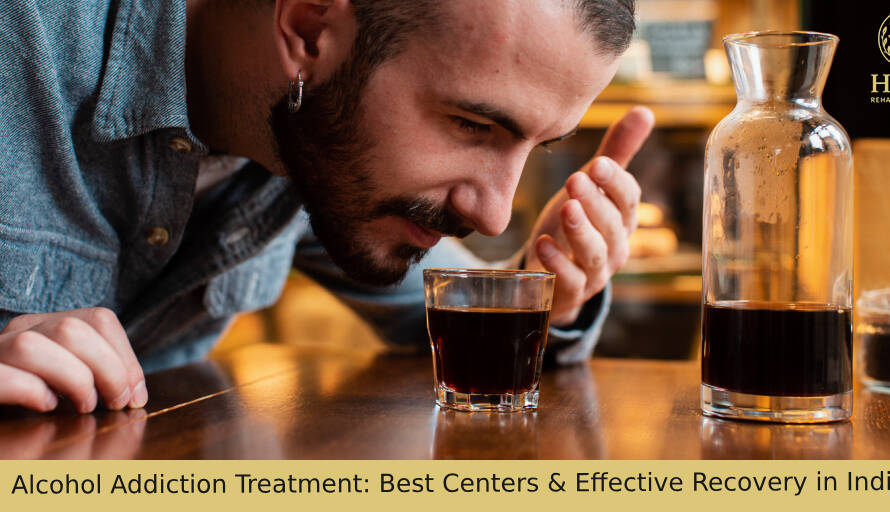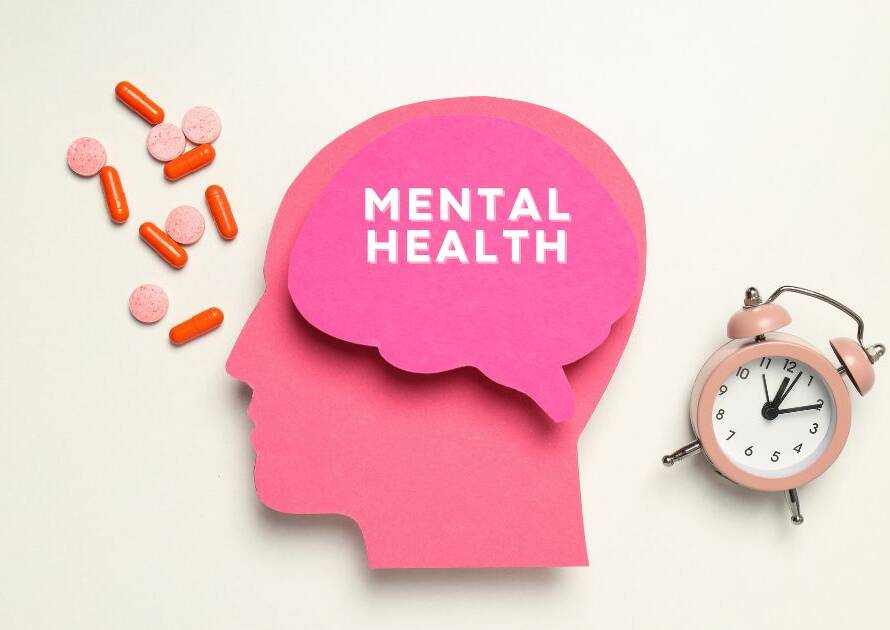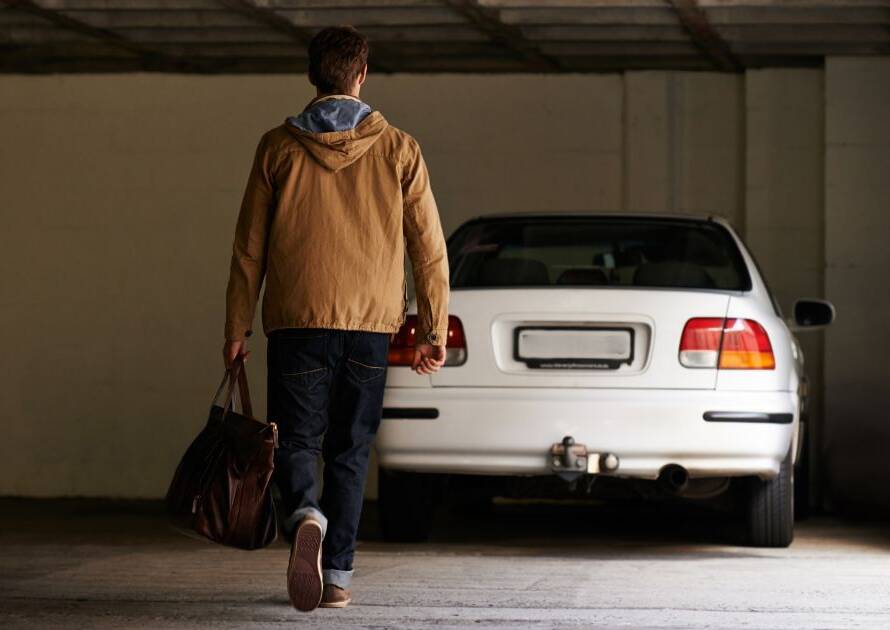Completing rehab is a huge milestone, but the journey to lasting sobriety doesn’t end there. Addiction is a chronic condition, and staying sober requires ongoing support to navigate life’s challenges. An addiction aftercare program is the bridge that helps you maintain the progress you’ve made, preventing relapse and fostering long-term recovery. Right here in this blog, we’ll explore why aftercare is critical, how Hope Rehabs’ comprehensive post-treatment support, including relapse prevention planning, alumni support, and ongoing therapy, keeps you on track, and why it’s just as vital as rehab itself.
The Importance of Aftercare
Addiction recovery is a lifelong journey, and the period after rehab can be particularly vulnerable. Without support, triggers like stress, social pressures, or unresolved emotions can lead to relapse. The National Institute on Drug Abuse (NIDA) notes that relapse rates for addiction are similar to those for other chronic conditions, like diabetes (40–60%), emphasizing the need for continuous care. Post-rehab care provides structure, accountability, and tools to help you thrive in sobriety, addressing both addiction and underlying issues like anxiety or depression.
Why Aftercare Matters
- Reinforces Sobriety: Aftercare builds on rehab’s foundation, helping you apply coping skills in real-world settings.
- Prevents Relapse: Structured relapse prevention planning identifies triggers and equips you with strategies to stay sober.
- Sustains Mental Health: Ongoing support addresses co-occurring mental health issues, reducing the risk of setbacks.
- Fosters Community: Connection with others in recovery combats isolation, a common relapse trigger.
Hope Rehabs understands that addiction aftercare programs are essential for long-term success, offering tailored support to keep you grounded.
Hope Rehabs’ Aftercare: A Lifeline for Lasting Recovery
Hope Rehabs, a leading UK provider of addiction recovery services, prioritizes aftercare as a cornerstone of their holistic approach. While respecting strict confidentiality, their post-rehab care includes a robust alumni support network, regular check-ins, and ongoing therapy to ensure you stay on the path to sobriety.
Relapse Prevention Planning: Staying One Step Ahead
Hope Rehabs’ relapse prevention planning is tailored to your unique triggers, whether it’s stress, certain environments, or emotional challenges. Through personalized sessions, you’ll learn techniques like mindfulness, stress management, and Cognitive Behavioral Therapy (CBT) to handle cravings and build resilience. This proactive approach empowers you to navigate life’s ups and downs without turning to substances.
Alumni Support: A Community That Understands
Connection is key to recovery, and Hope Rehabs fosters a strong sense of community through their alumni support network. Without disclosing specific details due to confidentiality, this network offers a safe space to share experiences, attend group meetings, and build lasting bonds with others in recovery. These connections provide encouragement and accountability, helping you feel less alone in your journey.
Ongoing Therapy: Addressing Mind and Heart
Recovery isn’t just about staying sober but instead, it’s about healing emotionally and mentally. Hope Rehabs’ ongoing therapy includes individual counseling, group sessions, and family therapy to address underlying issues like trauma or co-occurring disorders. Therapists use evidence-based approaches like Cognitive Behavioral Therapy (CBT) and Dialectical Behavior Therapy (DBT) to reinforce coping skills, ensuring you’re equipped for long-term success.
Regular Check-Ins: Staying Connected
Hope Rehabs keeps you on track with regular check-ins, offering personalized support through phone calls, virtual sessions, or in-person meetings. These touchpoints allow clinicians to monitor your progress, adjust your relapse prevention planning, and provide guidance as you navigate life post-rehab. This consistent support is a cornerstone of their addiction aftercare program.
Outpatient and Sober Living Options: Flexible Support
For those transitioning from inpatient addiction treatment, Hope Rehabs offers outpatient programs and sober living options as part of their post-rehab care. Outpatient therapy lets you attend sessions while living at home, balancing recovery with work or family. Sober living environments provide a structured, substance-free space to ease you back into daily life, reinforcing sobriety.
Practical Support: Comfort and Accessibility
Hope Rehabs makes aftercare accessible and supportive:
- Flexible Scheduling: Outpatient sessions and check-ins fit your lifestyle, whether you’re in the UK or abroad.
- International Reach: They offer virtual support and resources for global clients, including those from the US or India.
- Confidential Care: All services respect strict confidentiality, ensuring your privacy at every step.
Their approach aligns with National Institute of Drug Abuse’s emphasis on continuous care for chronic addiction, making Hope Rehabs a trusted choice among private rehab clinics.
Common Myths About Aftercare
Misconceptions can undervalue the role of post-rehab care. Let’s clear up a few:
- Aftercare is optional. Ongoing support significantly reduces relapse risk and sustains recovery.
- I can stay sober without help. Addiction aftercare programs provide structure and accountability for long-term success.
- Aftercare isn’t private. Hope Rehabs ensures strict confidentiality in all services.
- Rehab is enough. Without aftercare, the risk of relapse increases, as addiction is a lifelong condition.
Why Choose Hope Rehabs’ Aftercare Now?
Hope Rehabs’ aftercare stands out for its personalized, community-driven approach, combining relapse prevention planning, alumni support, and ongoing therapy to support your sobriety. Their commitment to confidentiality and holistic care ensures you feel safe and empowered. The National Institute on Drug Abuse highlights that sustained support improves health, relationships, and quality of life, hence making aftercare a critical step in your recovery journey.
Global Impact by the Numbers
- Globally, 296 million people used illegal drugs in 2021, with 39.5 million having a drug use disorder (Statista, 2024).
- Drug use disorders caused 85,984 deaths worldwide in 2019, a 296% increase since 2000 (PAHO/WHO, 2025).
- In Australia, about 650,000 adults (3% of the population) faced substance use disorders in 2020–2022 (AIHW, 2025).
With addiction affecting millions, Hope Rehabs’ addiction aftercare program offers the tools and community to stay sober.Stay on track Contact Us to join Hope Rehabs’ aftercare program today. Your sobriety is worth it.




